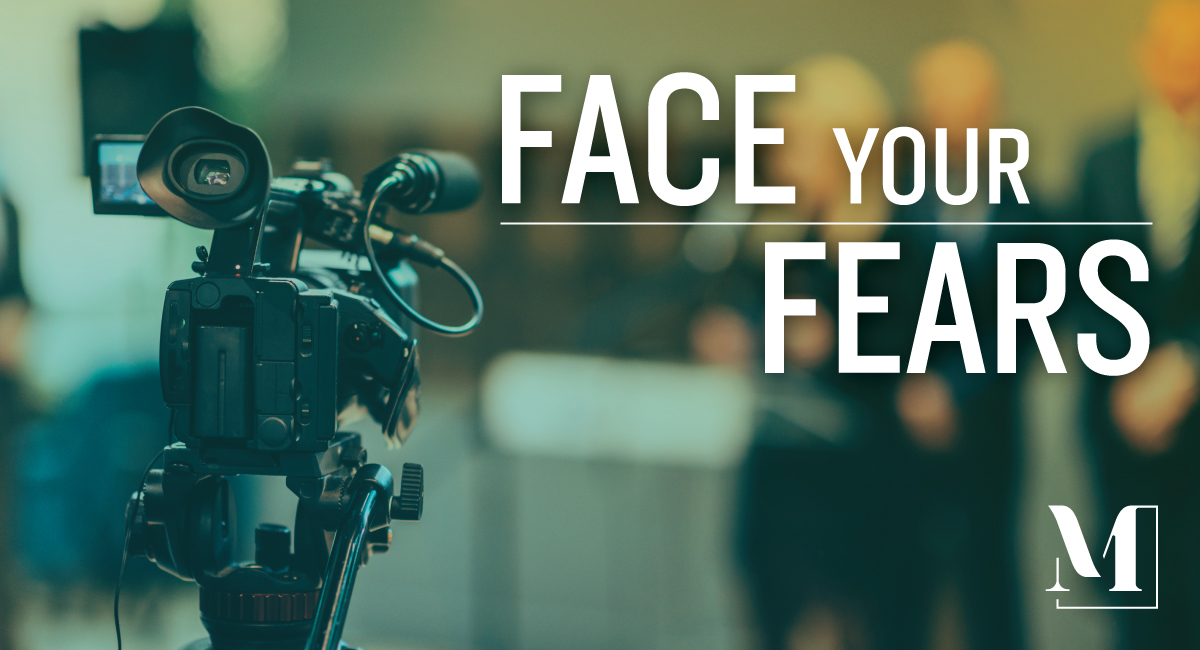When it comes to being on camera, people typically fall into two majority camps – they either don’t mind it or they dread it. If you’re in the latter group (and you’re not paid to be on camera), it’s probably fine that you avoid the limelight in this manner. But when you represent a brand as a spokesperson – love it or hate it – it’s highly likely you’ll eventually find yourself in front of a camera. If the hate stems from fear (and it often does), it is possible to overcome those feelings.
Overcoming anxieties about appearing on camera can be as easy as participating in media training.
Media training will give a spokesperson a taste of what to expect when a camera is in their face and a journalist is firing off questions. An effective media training will also provide tactics to take on the toughest of interviewees, as well as provide a mock, on-camera experience.
While it doesn’t have to be your favorite thing to do, it’s especially critical for a spokesperson to be well-prepared to be on camera in the event a company should face a crisis. On- or off-camera, “no comment” (those two words are said too much and they’re not enough) and flustered responses can quickly take a situation from bad to worse. Skeptical? Think back to the 2017 United Airlines incident for a quick reminder on the importance of avoiding a mismanaged response.
A great media trainer will work to allay whatever fears a spokesperson-in-training may have, but there are three common fears that, more often than not, pop up in every session:
- What if I stumble when answering the question?
If you think about how often in normal, everyday conversation you may choose to rephrase your comments/responses, it may lead to apprehension about how to give an error-free interview, whether it’s on-camera or over the phone.
- What if I am asked something I don’t want to or can’t respond to?
In a perfect world, every single bit of messaging a spokesperson prepares ahead of a media interview will get to be shared and be conveyed in a precise manner. This, unfortunately, is not always going to be the case.
- What if I don’t know the answer to the question?
It’s one thing to have to admit to a colleague or peer that you don’t know something, let alone tell a reporter you don’t know, right? You may not have all the answers – and that’s ok – but instead of ripping the microphone off your body and running away, there’s a smoother way to handle this and it doesn’t include guessing or giving your opinion.
These fears sound like they could lead to an awkward on-camera encounter, and for the untrained spokesperson, they might. But, each of these scenarios easily can be managed by completing a media training session that includes practicing an interview (or two, or three) and reviewing the results. Then, practice more.
Hoping for the best – and preparing for the worst – is the name of the game, and media training will help a spokesperson win.
